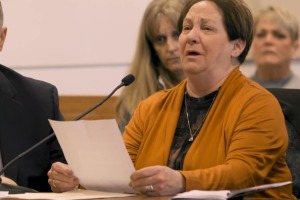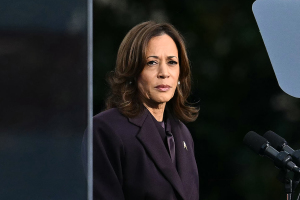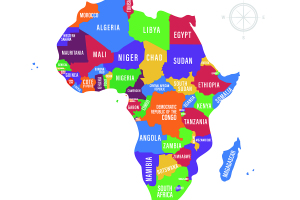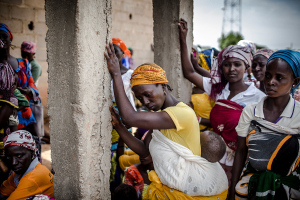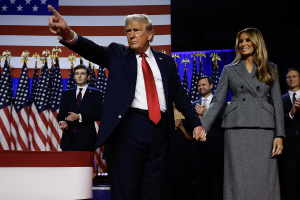Jamal Bryant among 25 faith leaders on hunger strike for voting rights
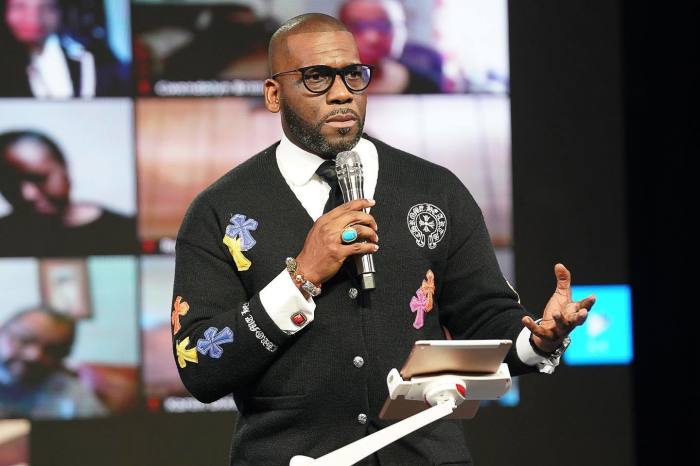
Megachurch pastor Jamal Bryant, who leads New Birth Missionary Baptist Church in Georgia, is among 25 faith leaders who have embarked on a hunger strike in a bid to push Congress to pass voting rights legislation by Martin L. King, Jr. Day on Jan. 17.
The pastors, who are all part of a coalition called Faith for Black Lives, began the hunger strike on Jan. 6, the first anniversary of the U.S. Capitol riot.
Rev. Stephen A. Green, chair of Faith for Black Lives and pastor of St. Luke AME Church in New York City, was not immediately available for comment when contacted by The Christian Post on Monday.
The group explains in a statement on its website the pastors' concern over various voting rights bills enacted in states across the country that they argue disenfranchise communities of color.
"Across the country, voting rights are being threatened as 19 states passed 34 laws impacting the right to vote, specifically targeting communities of color," Faith for Black Lives noted.
"States enacted laws to reduce early voting, restrict access to absentee ballots, and seize control of non-partisan election administration official functions. In addition, extreme partisan gerrymandering threatens access to Black political representation in state and federal elections for the next decade."
Conservatives contend that bills, such as the one passed last year in Georgia, aim to improve the integrity of the voting process amid allegations of voter fraud. Progressives believe that such bills curtail ballot access for urban and suburban communities.
Green suggested that the hunger strike was a part of "moral resistance."
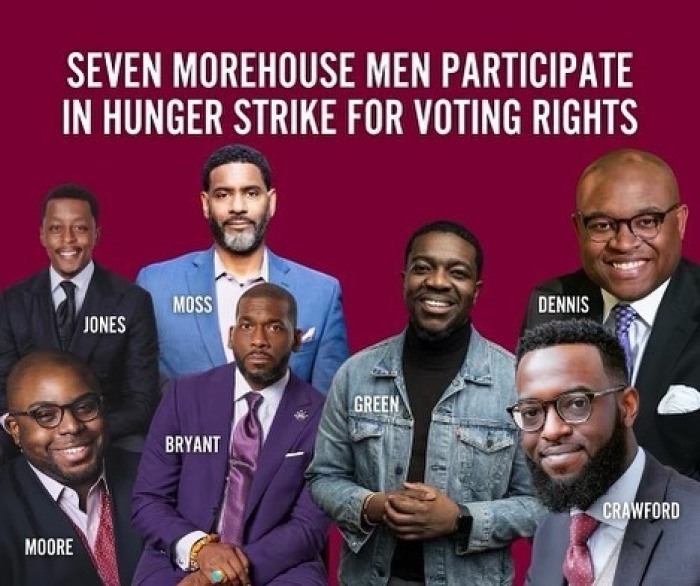
"As faith leaders, we are called to speak truth to power and to raise the conscience of this nation through moral resistance," he said. "This moment requires sacrifice and a deep commitment to radical love in action in order to redeem the soul of this nation and protect our democracy. Through this hunger strike we hope to press upon the United States Senate the moral imperative of this moment."
Democrats in Congress have used the anniversary of the Jan. 6 Capitol riot as an opportunity to renew their push to advance several federal voting rights bills after failing to do so in 2021.
Legislation proposed since Democrats won the House in 2018 includes the For the People Act, the Freedom to Vote Act and the John Lewis Voting Rights Advancement Act.
All three proposals have been met with varying degrees of resistance from Republicans while an ongoing debate over whether the Senate filibuster should be repealed continues to rage. Abolishing the filibuster would give Democrats the ability to pass those bills with a simple majority rather than compromising with Republicans to meet a 60-vote threshold.
However, at least a two Democrat senators — Joe Manchin of West Virginia and Kristen Simena of Arizona — have expressed their opposition to repealing the filibuster. Last week, Senate Majority Leader Chuck Schumer, D-N.Y., told colleagues that the Senate would vote no later than Jan. 17 to change Senate rules if Republicans continue to block voting rights legislation.
"We're living in a precarious time, and Democrats in Congress can't let these procedural rules get in the way of strengthening democracy, especially as it relates to voting rights," Spencer Overton, a professor of law at George Washington University Law School and the president of the Joint Center for Political and Economic Studies, told FiveThirtyEight.
"If we don't step up to the plate and people don't try to preserve democracy, we'll end up being in a situation where you have a minority of people who control the country, and that minority is not going to reflect the diversity of our nation."
While Democrats claim that their bills aim to make it harder for states to suppress votes, critics of the legislation say they are attempts to defang state voter identification laws, ban the updating of voter rolls and block poll observers from watching the vote count.
The text of the Freedom to Vote Act, introduced by Sen. Amy Klobuchar of Minnesota, contends that "recent elections and studies" have shown that "minority communities wait longer in lines to vote, are more likely to have their mail ballots rejected, continue to face intimidation at the polls, are more likely to be disenfranchised by voter purges, and are disproportionately burdened by voter identification and other voter restrictions."
















